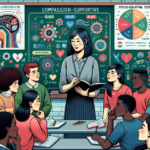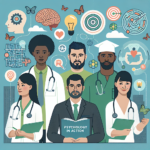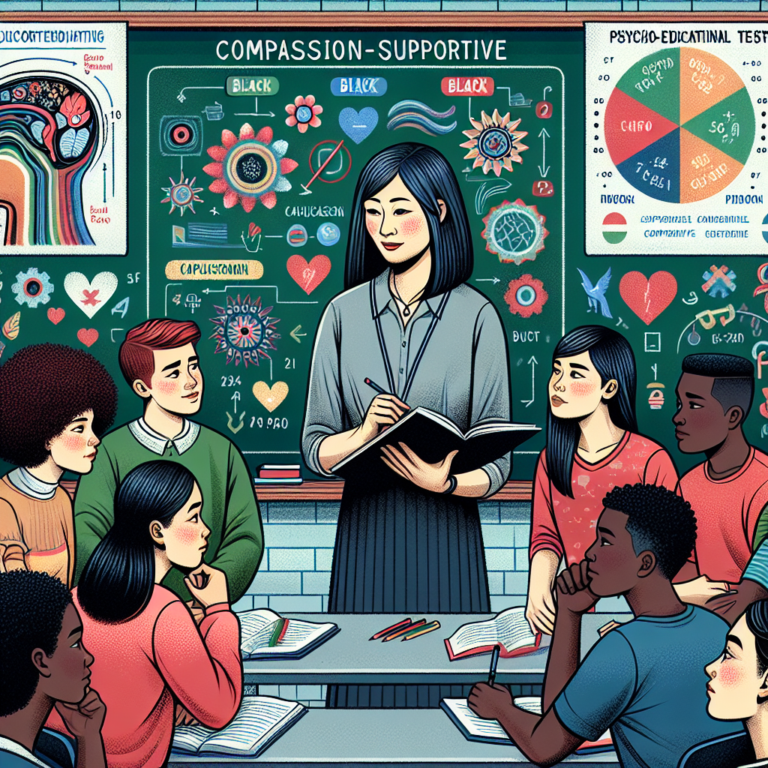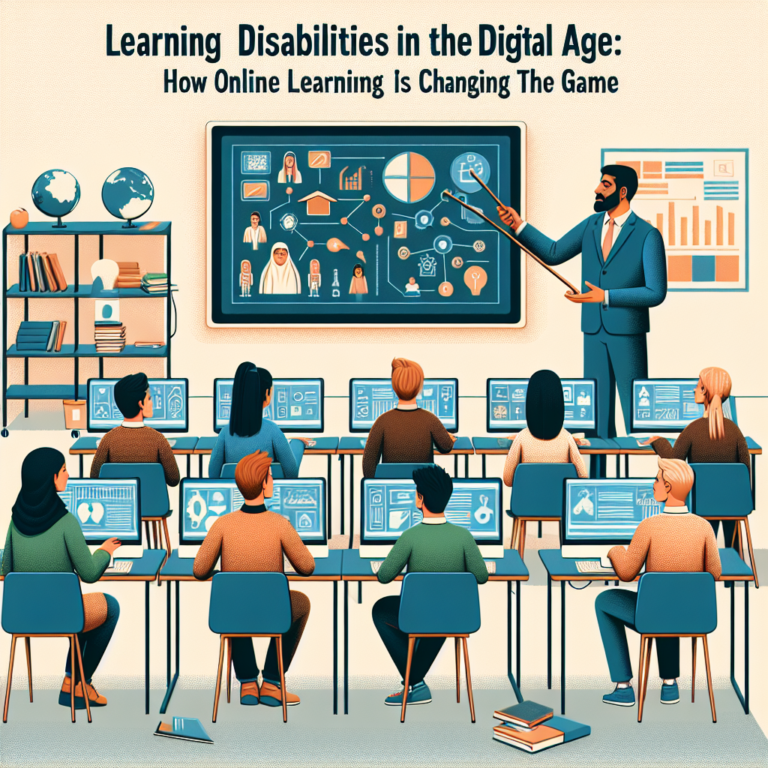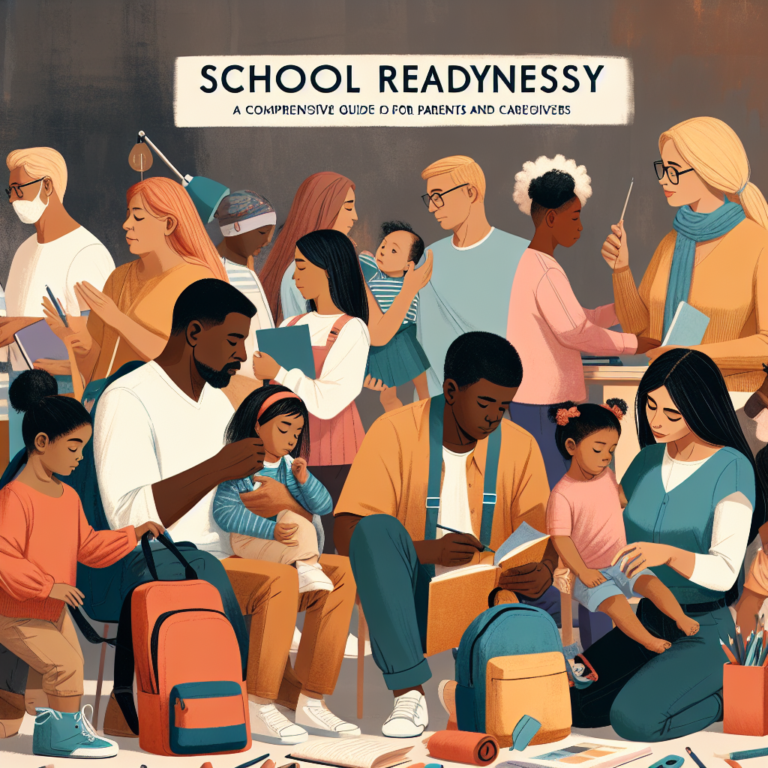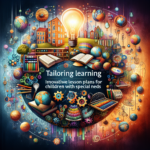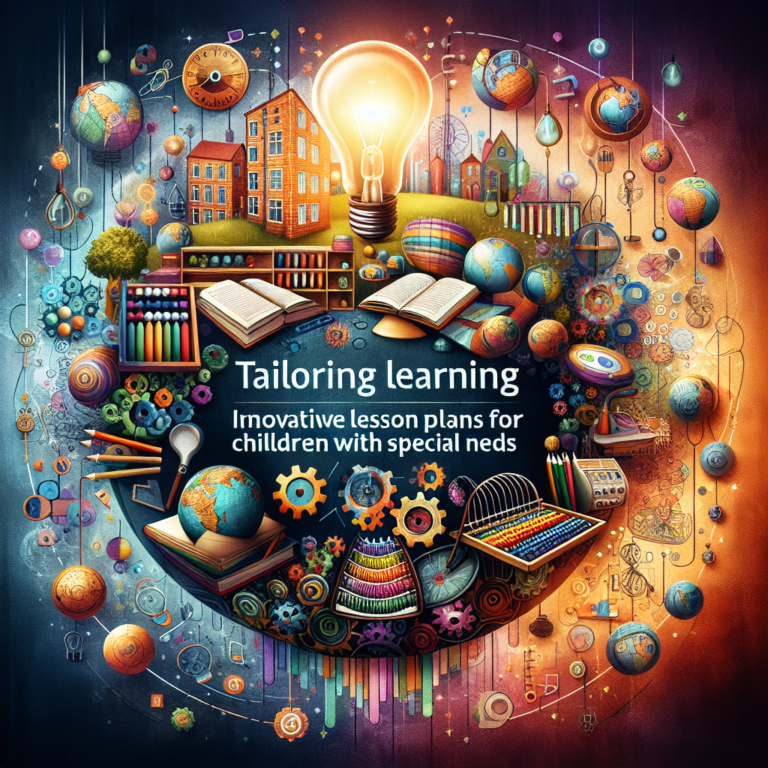
Introduction
In today’s educational landscape, the role of counseling is evolving. No longer confined within the four walls of a school, Counseling Beyond the Classroom: Supporting Students’ Holistic Development has emerged as a crucial paradigm in nurturing young minds. As educators and mental health professionals work collaboratively, the emphasis on holistic development ensures that students not only excel academically but also thrive emotionally, socially, and psychologically.
Understanding that academic success alone isn’t enough to prepare students for future challenges is vital. We live in a world replete with complexities, and nurturing well-rounded individuals is more important than ever. Throughout this article, we will explore the multi-faceted approach of counseling and its significant impact beyond traditional settings, providing insights, case studies, and practical tools to support this essential developmental journey.
The Importance of Holistic Development
Holistic development considers the complete individual—mind, body, and spirit. It aims to cultivate well-rounded personalities rather than just academic excellence.
Emotional and Social Development
Students today face unprecedented pressures—from academic expectations to social media influences. Holistic counseling recognizes these challenges and works to build emotional resilience.
- Case Study: Emma’s Journey
Emma, a high school sophomore, exhibited signs of anxiety and low self-esteem. After engaging in counseling sessions that extended beyond academics, Emma’s counselor introduced her to mindfulness exercises and peer interaction initiatives that empowered her emotionally and socially. This transformation illustrated the importance of mental health support in the holistic development of students.
Academic Growth
While the emotional bond is crucial, academic growth remains a core component. Understanding how students learn best—through personalized, compassionate approaches—can significantly enhance their educational experience.
- Case Study: James’s Improvement
James struggled with math, often feeling overwhelmed by traditional teaching methods. His counseling sessions included individualized learning strategies that integrated his interests. By aligning academic goals with personal passions, he began to excel, exemplifying the intersection of counseling and academic support.
Physical Well-being
Counselors also play a role in advocating for physical health, emphasizing the importance of a balanced lifestyle in contributing to overall well-being.
- Case Study: The Sports Initiative
A school implementing a sports counseling program noticed a drop in student stress levels after promoting physical activities tailored to students’ interests. The initiative emphasized that physical health directly impacts emotional well-being, further reinforcing that Counseling Beyond the Classroom: Supporting Students’ Holistic Development is essential in addressing multi-dimensional needs.
Effective Counseling Strategies
1. Creating Safe Spaces
It’s essential that students feel safe expressing themselves. Establishing environments where students can share feelings without judgment is fundamental.
Key Point: Schools employing peer-led counseling groups observed a remarkable increase in student engagement and emotional safety.
2. Family Involvement
Engaging families in the counseling process strengthens the support system for students.
- Parent Workshops: Schools providing workshops for parents on understanding adolescent struggles saw enhanced communication between home and school.
3. Community Resources
Leverage community resources to provide students with more opportunities.
- Local Partnerships: Collaborating with local mental health services can provide students access to specialized support, expanding the boundaries of traditional counseling.
Table: Key Strategies for Holistic Counseling
| Strategy | Description | Expected Outcome |
|---|---|---|
| Safe Spaces | Non-judgmental environments for expression | Increased emotional safety |
| Family Involvement | Workshops to engage parents | Improved home-school connection |
| Community Resources | Partnerships with local services | Wider access to support |
Overcoming Challenges in Counseling
Stigma Associated with Counseling
Despite increasing awareness, stigma persists around seeking help. Addressing these concerns is essential.
- Awareness Campaigns: Schools that launched mental health awareness campaigns witnessed a rise in students seeking support, illustrating the need to normalize counseling.
Resource Limitations
Many schools face budget constraints that limit counseling services.
- Strategic Allocations: Advocating for funding focused on mental health initiatives is critical to ensuring that all students receive adequate support.
The Role of Technology in Counseling
In this digital age, technology offers innovative ways to extend counseling services beyond the classroom.
Online Counseling Platforms
Platforms like virtual therapy have gained popularity, providing students with convenient access to mental health resources.
Educational Apps
Apps that promote mindfulness, emotional well-being, and study skills can supplement traditional counseling methods.
Future Directions in Holistic Counseling
Integrative Approaches
As we look to the future, integrating various counseling methodologies—like cognitive-behavioral therapy (CBT) with mindfulness practices—could provide more comprehensive support.
Continuous Training for Educators
Ongoing professional development for educators on mental health awareness will be crucial.
- Workshops on Mental Health: Regular workshops can equip teachers with the skills needed to recognize and address students’ mental health needs effectively.
Conclusion
In summary, Counseling Beyond the Classroom: Supporting Students’ Holistic Development is not merely an educational buzzword; it is a critical framework that prioritizes the well-being of students as multifaceted individuals. By creating safe spaces, involving families, leveraging community resources, and embracing technology, we can revolutionize how we support our students.
Let us ensure that we nurture not just scholars but well-rounded individuals prepared to face the challenges of the future. Every action taken today paves the way for a brighter tomorrow, equipped with resilience, empathy, and strength.
FAQs
1. What does holistic counseling involve?
Holistic counseling encompasses emotional, social, and physical development, focusing on the overall well-being of students.
2. How can counseling help students academically?
Counseling helps identify individual learning styles and challenges, facilitating personalized strategies that enhance academic performance.
3. Is there a stigma attached to seeking counseling services?
Yes, stigma can deter students from seeking help. To combat this, awareness campaigns can normalize mental health conversations.
4. What role do families play in holistic student development?
Families are crucial in providing support and reinforcing the lessons learned in counseling, enhancing the school experience.
5. How can technology improve access to counseling?
Technology offers platforms for online counseling and educational apps that promote mental health resources for students outside traditional settings.
Through ongoing dedication to Counseling Beyond the Classroom: Supporting Students’ Holistic Development, educators and counselors can create pathways for healthier, more resilient future generations. Let’s take these insights and inspire action in our communities today.


